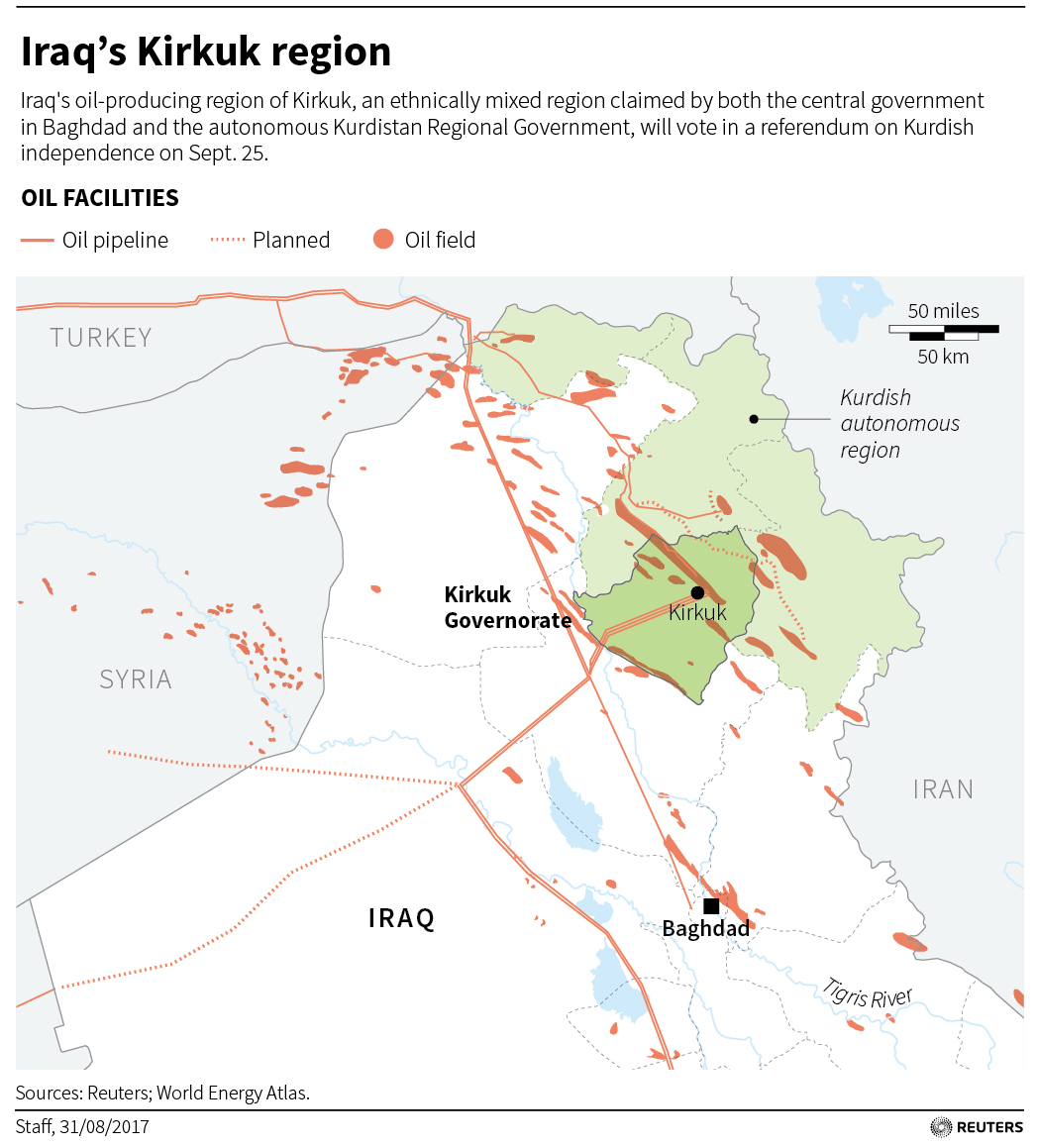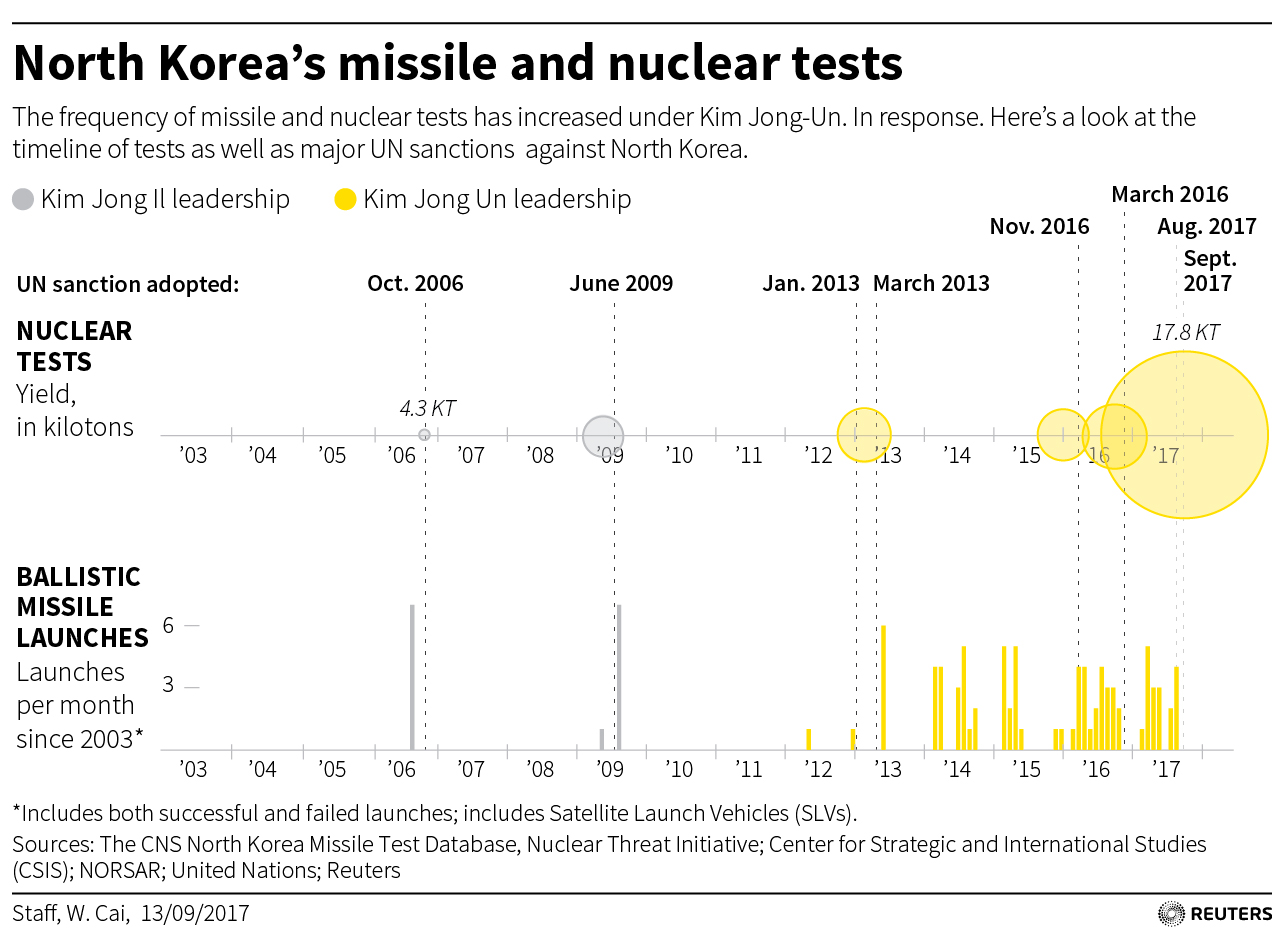
By Alexandra Ulmer and Deisy Buitrago
CARACAS (Reuters) – Venezuela’s opposition cried foul on Monday over the ruling socialists’ win in gubernatorial elections, raising the threat of more foreign sanctions following the vote in what the United States called “an authoritarian dictatorship.”
President Nicolas Maduro’s candidates took 17 governorships, versus five for the opposition, in Sunday’s nationwide poll, according to the pro-government electoral board.
The socialists’ strong showing came despite devastating food shortages, triple-digit inflation, and a collapsing currency. Polls had suggested the opposition would easily win a majority.
Dismayed leaders of the Democratic Unity coalition demanded an audit after citing a litany of abuses, including multiple voting, state food handouts on the day of the poll, forced attendance at gunpoint and suspicious phone and power outages.
The opposition fell short of offering detailed evidence of outright fraud, however, and there were no conventional foreign observer missions to verify claims of vote-rigging.
“This is a process of electoral fraud without precedent in our history,” said opposition spokesman Angel Oropeza. An estimated 1 million voters were blocked from voting, he said, referring to claims the election board skewed results by relocating hundreds of polling places away from opposition strongholds.
Many dispirited opposition supporters now see foreign pressure as their only real hope of hurting Maduro ahead of next year’s presidential vote.
The United States condemned the elections as neither free nor fair and vowed to keep up pressure on Maduro for the erosion of democracy in the South American OPEC nation.
“As long as the Maduro regime conducts itself as an authoritarian dictatorship, we will work with members of the international community and bring the full weight of American economic and diplomatic power to bear in support of the Venezuelan people as they seek to restore their democracy,” State Department spokeswoman Heather Nauert said in a statement.
The Trump administration has already imposed sanctions on Maduro and top officials, including election board head Tibisay Lucena. Washington has also struck at the government’s ability to raise more funds via foreign debt.
The European Union could also take measures against Maduro, who was narrowly elected to replace the late leader Hugo Chavez in 2013.
French President Emmanuel Macron, who has also branded Venezuela a dictatorship, expressed concern at claims of “serious irregularities” and “lack of transparency” in the gubernatorial vote.
“France deplores this situation and is working with its EU partners to examine appropriate measures to help resolve the serious crisis,” the French foreign ministry said.
POOR TURNOUT
Venezuela’s government, which insisted in advance of Sunday’s vote that it would demonstrate its commitment to democracy, still retains significant support in poorer, rural settings. And it seems unlikely that supporters of the elite-led opposition, which has struggled to capitalize on discontent over the economy, will return to the streets en masse after months of grueling protests earlier this year.
The protests failed to pressure the government into holding an early presidential election, freeing scores of jailed activists or accepting foreign humanitarian aid.
At least 125 people died, while thousands were injured and arrested in violence.
“Obviously, this was a brutal fraud,” said David Osorio, 21, who lost an eye when he was hit by a gas cannister in the clashes. “But I don’t know if going back to the streets is best … because the same will happen and many are simply not willing.”
A few hundred opposition protesters massed in front of the electoral council in the southern Bolivar state, where results were still not given by Monday evening. The National Guard used tear gas to scatter the crowd, according to a Reuters witness.
Various opposition leaders acknowledged disillusionment and people staying home had played a big role.
“We shot ourselves in the foot,” legislator Jose Guerra said, noting record turnout of 74 percent in a 2015 congress vote, which the opposition won, versus 61 percent on Sunday.
Flanked by his powerful wife, soldiers, and red-shirted party members, a jubilant Maduro painted the opposition as sore losers. “When they lose they cry fraud. When they win they shout ‘Down with Maduro,'” said Maduro, 54.
The opposition pocketed governorships including the turbulent Andean states of Merida and Tachira and the oil-producing region of Zulia.
The government, which had previously controlled 20 governorships, took states across Venezuela’s languid plains and steamy Caribbean coast. It won back populous Miranda state, which includes part of the capital Caracas, and also won in Barinas, Chavez’s home state, where his younger brother retained the top job.
(Additional reporting by Andrew Cawthorne, Andreina Aponte, Diego Ore, Eyanir Chinea, Corina Pons, Girish Gupta in Caracas, Isaac Urrutia in Maracaibo, William Urdaneta in Ciudad Guayana and Arshad Mohammed in Washington D.C.; Writing by Alexandra Ulmer and Girish Gupta; Editing by Andrew Cawthorne and Tom Brown)










